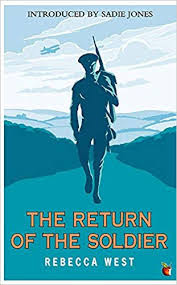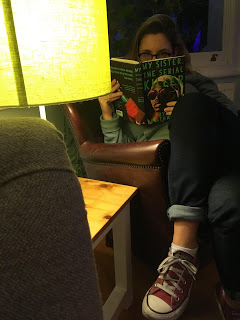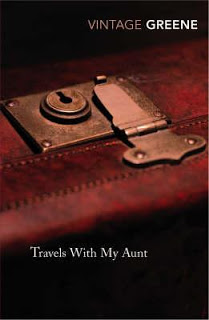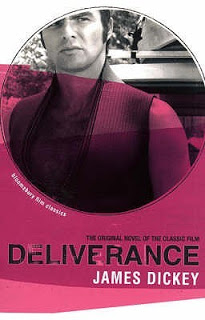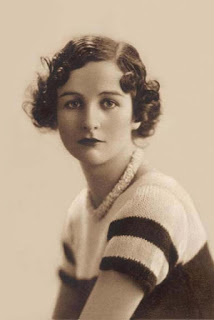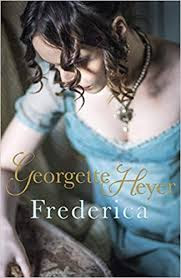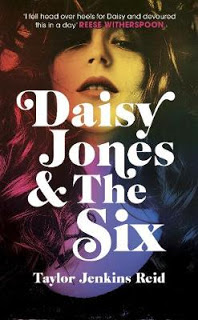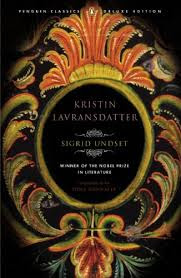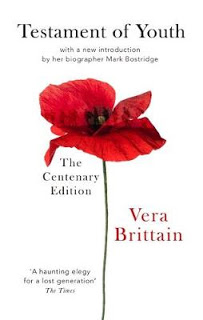This is a story that you wish wasn’t true.
It’s the memoir of a nurse in the First World War, and is an awful journey from innocence to experience, so perfectly archetypal you almost can’t believe it’s real. The poor woman is just 18 when the War begins, and her contemporaries are exactly that group who enlisted immediately, in a sort of ludicrous innocence that today is almost unimaginable.
Also unimaginable is her adolescence, brought up to be a Victorian lady, a nightmarish condition I am glad I will never have to experience. She fights hard to be allowed to go to University, and eventually makes it there, so:
When the Great War broke out, it came to me not as a superlative tragedy, but as an interruption of the most exasperating kind to my personal plans
She only stays a year. She can’t bear to be safe while her boyfriend, brother, and friends are risking death, and decides to join the military as a nurse.
Anyone would have found nursing really horrific at that time, but due to her upbringing it is particularly hard for her. For example, she does not know what venereal disease actually is until “1917, when in a Malta hospital I watched a syphilitic orderly die in convulsions after an injection of salvarsan”
Her boyfriend is given leave for the 24th of December, and she waits for him excitedly on Christmas Day, but instead of him she gets a telegram, telling her he died on the night of the 23rd. It’s something you would rule out of a novel, as too melodramatic; it’s her misfortune it is her real life. She then loses two of her friends, back-to-back. Her brother lives on till almost the end of the war; but then she loses him too. How is this for horror: after her boyfriend dies, she receives many notes of condolence, but after her brother almost none. This is partly because people are exhausted by death, but also because potential letter writers are already dead themselves: Didn’t get any letters partly because fellow officers had ‘gone west’ before him in previous offences – the Somme, Arras, the Scarpe, Messines. ..
She tries to find out every detail of his death, but the only other officer in his battalion who survived with him from 1914 to the end is strangely uncommunicative. Later she learns that this is because the military got hold of a letter of her brother’s that made it clear he was in a relationship with one of the guys in his battalion. He was likely to be court-martialed,so he may have chosen death on the battlefield rather than the ‘shame.’
No surprise then that she never, at any time in the book refers to ‘winning’ the war without quotation marks. Eventually she has to leave nursing because her mother becomes unwell, and her father, a healthy retired man in his fifties feels he cannot possibly run a home without her, ‘servants being hard to find’. Thus she leaves men dying on the front to tend to him. What’s truly bizarre is that no one finds this bizarre.
Her life after ‘victory’ is bleak.
However deep our devotion may be to parents, or to children, it is our contemporaries alone with whom understanding is instinctive and entire, and from June 1918 until about April 1920, I knew no one in the world to whom I could speak spontaneously, or utter one sentence completely expressive or what I really thought or felt.
She pays no attention to the peace negotiations.
I was beginning already to suspect they my generation had been deceived, its young courage cynically exploited, its idealism betrayed, and I did not want to know the details of that betrayal.
In the end she returns to University, changing her degree from English to History, out of a desire to understand how Europe had ended up in this slaughter, and to see how it might be prevented in future. She finds it almost impossible to relate to either those just younger than her, or just older, who never saw combat. She graduates, and becomes a writer, and a feminist. Your hair curls to be reminded of what women went through for suffrage, and then everything else (who knew the age of consent for girls used to be 13!). Just as 2018 is the centenary of the end of War, it is also the centenary of women getting the vote; and apparently it was ‘granted’ to us in a wave of appreciation of women’s war work. It’s amusing to read how politicians suddenly jumped about like cats as they realized that they suddenly had to appeal to the female voter.
Eventually, she marries. You’d think it would be strange for her husband for her to write a book that is so deeply about her first boyfriend. Let me note, that while my summary may make you think there is plenty of incident across the 600 pages of the memoir, actually at heart this book has only a single theme, and that is the deaths of her boyfriend, her brother, and her two friends. As she said in a letter: If the War spares me, it will be my one aim to immortalise in a book the story of us four – which she has clearly done. Her poor boyfriend, dead at 20, has a road named after him in the French town where he died (the Allee Roland Leighton). Her book made him famous, though even as she writes it she tells us: It is years now since I have been able to recall his face, and I know that, even in dreams, I shall never hear the sound of his voice again
Her husband however, is a veteran; and clearly she is right that we who are not cannot understand what it is like. She chooses to carry on her wedding day the type of bouquet her boyfriend used to give her, and her husband is completely unconcerned: That it is I, he wrote to her, who shall stand there is but the end of a long story.
And it has been a long story. What a life, and what a woman.


